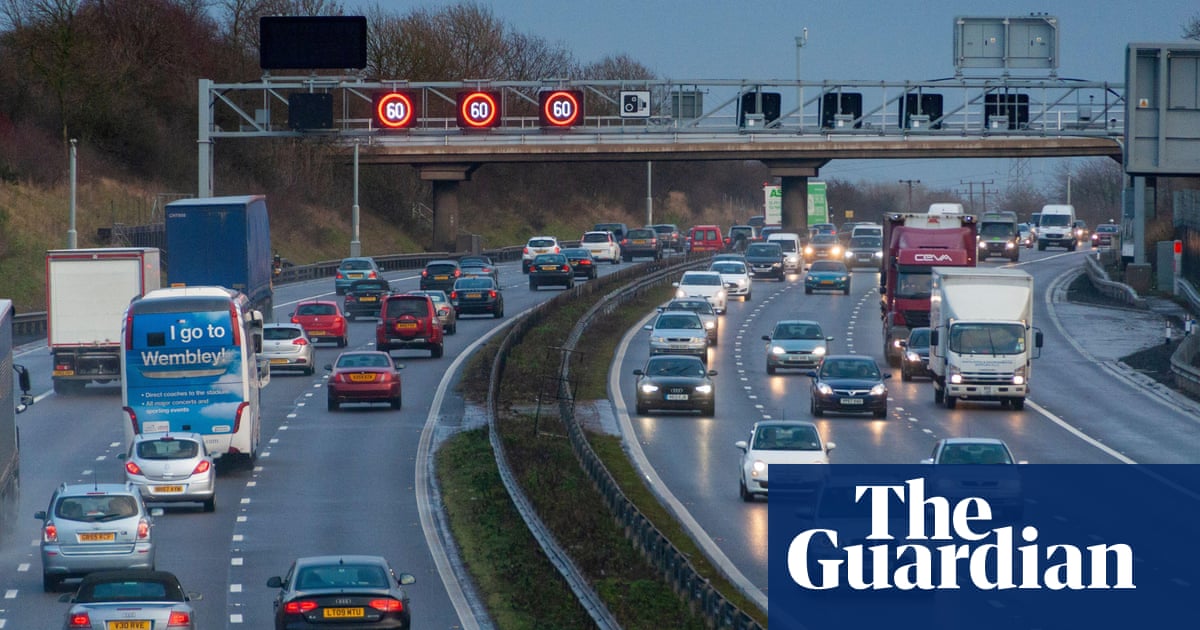The British travel bloggers ‘sugarcoating’ China’s Uyghur problem to the delight of Beijing

- by Admin
- September 21, 2024

For China, the influx of influencers offers the opportunity to rebut overseas criticisms and reinforce its stance through highlighting the unimpeded visits of awestruck foreigners.
The footage, amplified by Chinese social media platforms and state-run outlets, receive hundreds of thousands of views and screeds of favourable comments.
An increasing number of international vloggers were visiting Xinjiang “with great curiosity,” noted a recent article in the Global Times.
“A somewhat remote and mysterious region in China, Xinjiang is nonetheless a name constantly spotlighted in many Western media stories, which are usually filled with misinformation.”
It namechecks Mike Okay among several vloggers, highlighting a conversation with a campsite owner who says police checks are for his own safety.
It then rams home the government line that enhanced security in Xinjiang “is not an overreaction” due to the threat of terrorism from religious extremists and ethnic separatists.
Mike Okay, who described his trip as a “wild adventure” with “incredible people” said he had tried hard to avoid politics and focus on simply showing a “relatively unexplored” part of the world.
“As a content creator when you sign up..you are putting your content out into the world. People are going to read it however they like. So of course it concerns me,” he said.
“My intention was not to go there and disprove anything. My intention was ‘what does it look like if a clueless relatively uneducated foreigner walks around Xinjiang with a camera’?”
Daria Impiombato, a cyber analyst at the Australian Strategic Policy Institute, has co-written several reports on China’s multilayered ways of folding local and foreign influencers into its propaganda strategy.
She said vloggers with large platforms had a responsibility to inform themselves and to be sceptical.
“There needs to be a reckoning with that type of platform,” she said. “It’s like influencers who are going to Syria, just doing travel vlogs from Syria without talking about years and years of war and devastation. You can’t do that, and you can’t do that in Xinjiang either.”
But she stopped short of saying influencers should not go to Xinjiang, adding that some videos offered nuggets of valuable information.
Australian couple Michael and Josie, the creators of “josieliftsthings”, a YouTube channel with nearly 1m followers, raise questions in their Xinjiang video about the destruction of historical buildings in Kashgar and observe that the town centre appears to be set up for tourists.
They said their frankness had generated “heat” from viewers and made the video less popular as it wasn’t purely positive.
YouTubers had realised that “pro-China” content attracted more views, making it more profitable, they said.
The Latest News
-
December 22, 2024Donald Trump picks Apprentice producer to be the US special envoy to UK
-
December 22, 2024Daily horoscope: December 22, 2024 astrological predictions for your star sign
-
December 21, 2024UK flights and ferries cancelled owing to high winds as Christmas getaway begins
-
December 21, 2024Prince Andrew plans to move to UAE amid espionage allegations: Report
-
December 21, 2024Inside Britain’s saddest shopping centre: Town centre mall empty just DAYS before Christmas as depressed locals say ‘it’s a disgrace’





